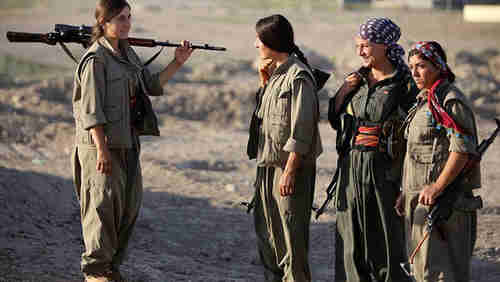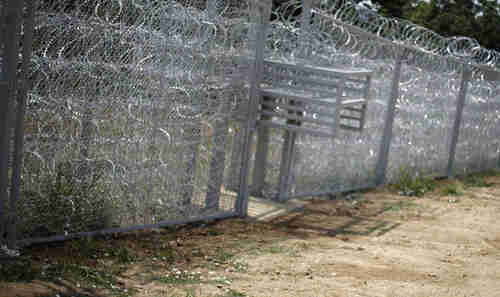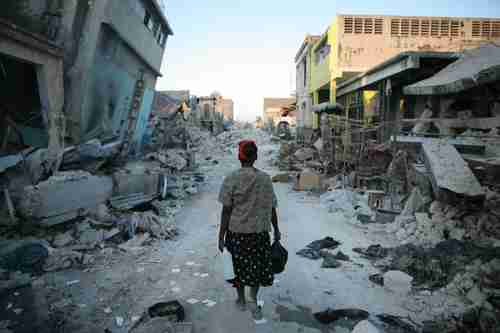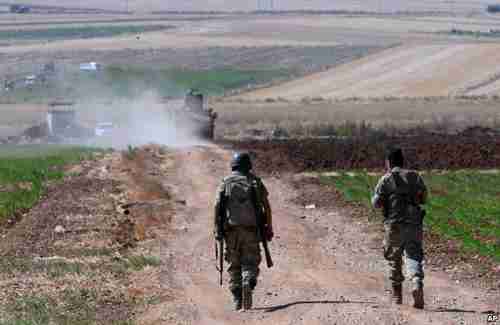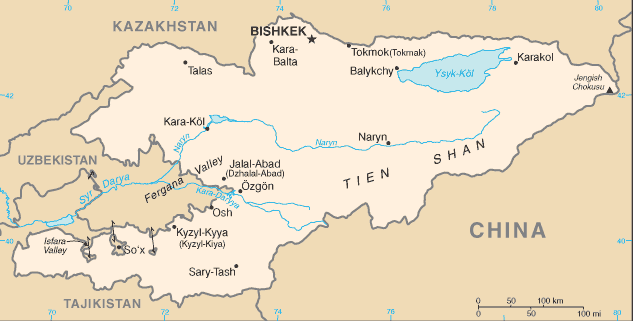*** 15-Aug-15 World View -- Japan's Shinzo Abe blames WW II on the Smoot-Hawley Tariff act
This morning's key headlines from
GenerationalDynamics.com
- Japan's Shinzo Abe blames WW II on the Smoot-Hawley Tariff act
- Brief generational history of Japan
****
**** Japan's Shinzo Abe blames WW II on the Smoot-Hawley Tariff act
****
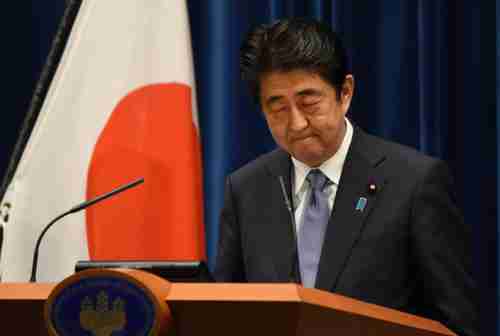 Shinzo Abe looks down during his speech on Friday (Getty)
Shinzo Abe looks down during his speech on Friday (Getty)
Japan's prime minister Shinzo Abe on Friday gave his long-awaited
speech commemorating the 70th anniversary of VJ day, ending World War
II. It was closely watched by Asian countries, especially Korea and
China, to see if he'd renew the apologies of his predecessors
for Japan's brutality during WW II, and particularly for Japan's
use of Korean and Chinese "comfort women."
Abe did not apologize again, though he expressed profound grief. What
was really interesting was the historical perspective of his speech,
particularly his claim that Japan's actions in World War II were
triggered by the Smoot-Hawley Tariff Act, the June 1930 law passed by
Congress that erected enormous trade barriers and worsened the Great
Depression.
I've said many times in the past that the Smoot-Hawley Act could be
considered the beginning of World War II, so it's interesting to
me that Abe is implying the same thing.
In Friday's speech, Abe said:
<QUOTE>"After World War I, which embroiled the world, the
movement for self-determination gained momentum and put brakes on
colonization that had been underway. It was a horrible war that
claimed as many as ten million lives. With a strong desire for
peace stirred in them, people founded the League of Nations and
brought forth the General Treaty for Renunciation of War. There
emerged in the international community a new tide of outlawing war
itself.
At the beginning, Japan, too, kept steps with other
nations. However, with the Great Depression setting in and the
Western countries launching economic blocs by involving colonial
economies, Japan’s economy suffered a major blow. In such
circumstances, Japan’s sense of isolation deepened and it
attempted to overcome its diplomatic and economic deadlock through
the use of force. Its domestic political system could not serve as
a brake to stop such attempts. In this way, Japan lost sight of
the overall trends in the world.
With the Manchurian Incident, followed by the withdrawal from the
League of Nations, Japan gradually transformed itself into a
challenger to the new international order that the international
community sought to establish after tremendous sacrifices. Japan
took the wrong course and advanced along the road to war.
And, seventy years ago, Japan was defeated."<END QUOTE>
Abe left out many imperialistic acts that occurred earlier,
such as annexing Korea and part of China in 1910.
The "major blow" that Japan's economy suffered was the Smoot-Hawley
Tariff Act. The Great Depression was hurting Japan just as much as it
was hurting America but, in addition, Japan's exports of its biggest
cash crop, silk, to America were almost completely cut off.
The "Manchurian Incident" to which Abe refers, or "Mukden Incident,"
occurred a year later. On September 18, 1931, an explosion destroyed
a section of railway track owned by Japan in the city of Mukden
in Manchuria. Japan blamed Chinese nationalists, though many
believe that the Japanese military planted the bomb to provide
a pretext. Either way, Japan invaded Manchuria.
Abe said that Japan had suffered enormously for its mistakes
in WW II:
<QUOTE>"On the 70th anniversary of the end of the war, I bow
my head deeply before the souls of all those who perished both at
home and abroad. I express my feelings of profound grief and my
eternal, sincere condolences.
More than 3 million of our compatriots lost their lives during the
war: on the battlefields worrying about the future of their
homeland and wishing for the happiness of their families; in
remote foreign countries after the war, in extreme cold or heat,
suffering from starvation and disease. The atomic bombings of
Hiroshima and Nagasaki, the air raids on Tokyo and other cities,
and the ground battles in Okinawa, among others, took a heavy toll
among ordinary citizens without mercy. ...
Upon the innocent people did our country inflict immeasurable
damage and suffering. History is harsh. What is done cannot be
undone. Each and every one of them had his or her life, dream, and
beloved family. When I squarely contemplate this obvious fact,
even now, I find myself speechless and my heart is rent with the
utmost grief."<END QUOTE>
Having learned its lesson, according to Abe, Japan turned
into a pacifist nation, and vowed to never let anything like
that happen again. He said that it should not be necessary
for future generations to continue to apologize:
<QUOTE>"In Japan, the postwar generations now exceed 80 per
cent of its population. We must not let our children,
grandchildren, and even further generations to come, who have
nothing to do with that war, be predestined to apologize. Still,
even so, we Japanese, across generations, must squarely face the
history of the past. We have the responsibility to inherit the
past, in all humbleness, and pass it on to the future.
Our parents’ and grandparents’ generations were able to survive in
a devastated land in sheer poverty after the war. The future they
brought about is the one our current generation inherited and the
one we will hand down to the next generation. Together with the
tireless efforts of our predecessors, this has only been possible
through the goodwill and assistance extended to us that
transcended hatred by a truly large number of countries, such as
the United States, Australia, and European nations, which Japan
had fiercely fought against as enemies.
We must pass this down from generation to generation into the
future. We have the great responsibility to take the lessons of
history deeply into our hearts, to carve out a better future, and
to make all possible efforts for the peace and prosperity of Asia
and the world."<END QUOTE>
International Business Times and
Dept. of State
****
**** Brief generational history of Japan
****
Japan was almost completely isolated for centuries, but in 1853, US
Commander Matthew Perry brought four warships to Edo (Tokyo). There
was a brief naval battle that the Americans won easily. In 1854,
Japan signed a treaty with the US that opened up several Japanese
ports in a limited way. In the next two years, Japan signed similar
treaties with Great Britain, Russia and the Netherlands.
This humiliating defeat triggered a crisis civil war in Japan that was
finally resolved in 1868, when the family that had ruled Japan since
1603 was overthrown. The new emperor took the name Meiji
("enlightened rule"), and the crisis war climax is known as the "Meiji
Restoration."
Generational Awakening eras, which begin around 15 years after the end
of the preceding crisis war, are always a reaction to the crisis war
by a rising post-war generation rebelling against their war survivor
parents. (America's last generational Awakening era was the
1960s-70s.)
Young people in the 1890s rebelled against the isolation of pre-war
Japan, and also took note of the successful colonization of many
countries by Britain, France, and other countries. Japan entered an
imperialist era, and from 1894-1910, Japan engaged in a series of wars
against China and Russia, resulting in one victory after another. In
the treaties resulting from these wars, Japan was given Taiwan, Korea,
and southern Manchuria, along with other territories. By the way,
Japan was not considered to be an enemy of the West at this time, but
was thought to be an advanced, "westernized" nation.
Japan became giddy with its military successes, and in the 1920s,
turned into a completely militaristic state. There was censorship of
the press, complete state control by the military, and open plans for
military expansion into China and Russia. Japan felt insulted by
America's 1924 decision to block immigration by the Japanese, and then
hurt by the 1930 Smoot-Hawley Tariff Act, which devastated Japan's
economy and was considered almost an act of war. Japan went to war in
Manchuria in 1931, and was at war continually until the end of World
War II.
After surrendering, almost overnight, the Japanese people reverted to
their old non-imperialistic selves they used to be before Commodore
Perry's visit. The country became strongly pacifist and disbanded its
armed forces.
Today, Japan is torn between two generational crisis eras. One of
them is World War II, which was a disaster for Imperialistic Japan;
and the other is the civil war following Commodore Perry's visit,
which was a disaster for isolationist Japan.
Today, Japan is a pacifist nation, while China has become an
Imperialist nation, and an existential threat to Japan. Japan has to
struggle to find a way to reject both its isolationist past and its
Imperialist past, and still be prepared for the inevitable war with
China. The
reinterpretation of Japan's pacifist constitution
to permit "collective self-defense"
is an important part of that struggle. And Friday's speech is an
attempt to describe, in words, a pathway between those two
imperatives.
KEYS: Generational Dynamics, Japan, Shinzo Abe, Smoot-Hawley Tariff Act,
Manchurian Inciden, Mukden Incident, Manchuria,
Edo, Tokyo, Commander Matthew Perry, Meiji Restoration,
Britain, France, Taiwan, Korea, Russia
Permanent web link to this article
Receive daily World View columns by e-mail



